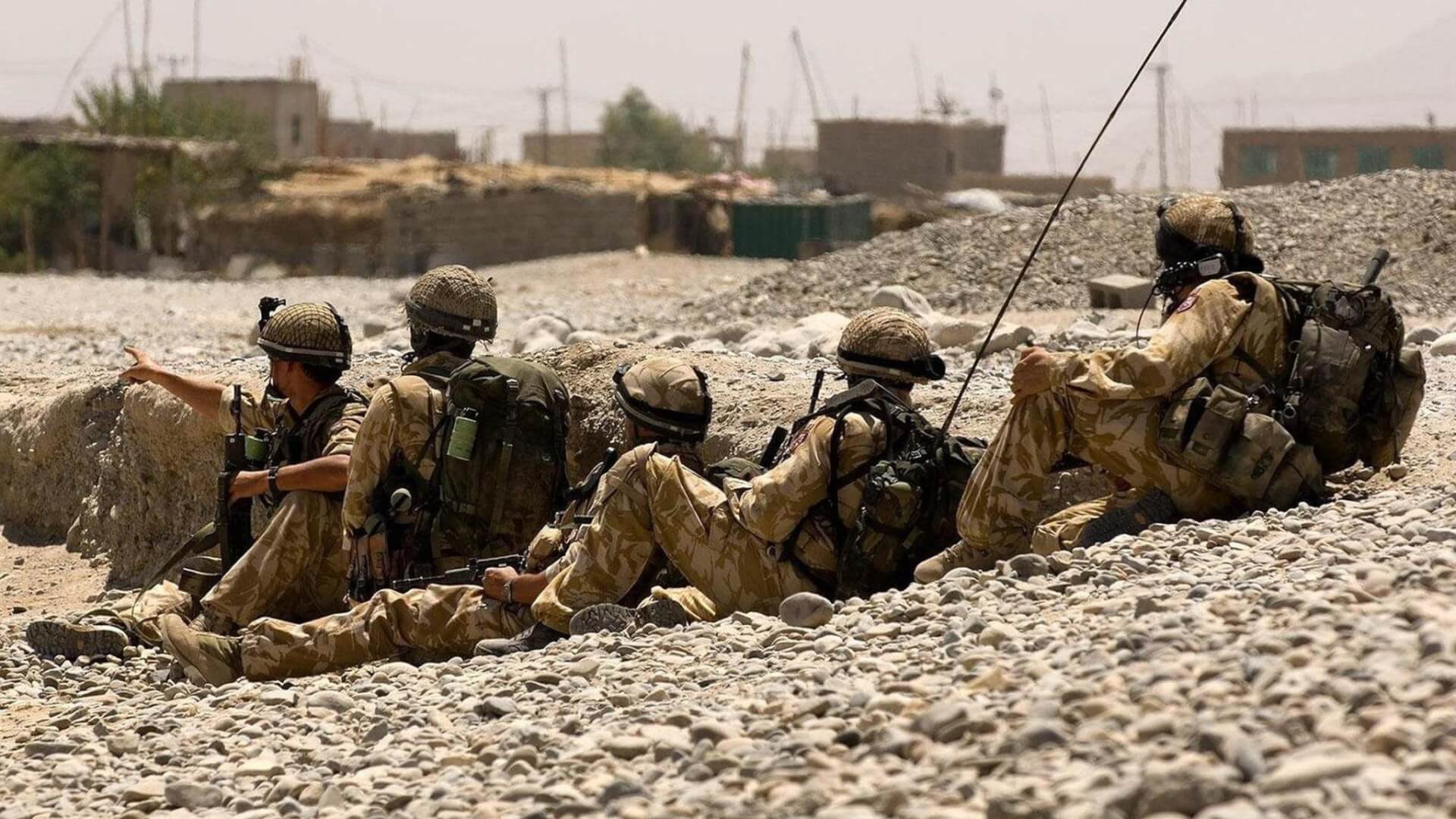A report released by the Foreign Affairs Select Committee on Tuesday has revealed new information about the United Kingdom’s (UK) evacuation plans from Afghanistan. The report cited claims made by Raphael Marshall, a former desk officer at the British Foreign Office, who highlighted the faults in the plan that resulted in the deaths of several Afghans.
Marshall resigned from his position in September. He worked in a division called Afghan Special Cases, which was meant to address evacuation requests from Afghan soldiers, politicians, journalists, civil servants, activists, aid workers, and judges.

As per the committee’s report, Marshall said that, contrary to the government’s claims, several applications for evacuation and asylum, including a few by Afghan political leaders, went unread and unaddressed. Marshall claimed that the chairperson for the foreign affairs committee, Tom Tugendhat, had raised the issue of at least ten evacuation applications not being read, to which the foreign office replied that applications were still being processed. Marshall asserts, however, that those cases continue to be unaddressed despite assurances from the government.
According to Marshall, over 150,000 applications for evacuation were sent to the UK. Of these, merely 5% of the applicants have been assisted and evacuated from Afghanistan. More concerningly, he said, “It is clear that some of those left behind have since been murdered by the Taliban.” The failures of the evacuation programme “betrayed [the UK’s] friends and allies and squandered decades of British and NATO effort,” he lamented, attributing it to a “lack of interest” and the prioritisation of “bureaucracy over humanity.”
Marshall revealed that once a new system was introduced to deal with the barrage of emails, they were read. However, he clarified that no action was taken in response to the requests and that it was merely “to allow the prime minister and the then foreign secretary to inform the [Members of Parliament] that there were no unread emails.”
The former Foreign Office employee also underscored the issues with the applications that the government officers read, saying that the eligibility criteria for resettlement are vague and “unhelpful,” as it essentially leaves the decision to the processing officer’s discretion.
Furthermore, Marshall expressed concern over the sheer number of bureaucratic hurdles in place that hinder the smooth functioning of the process. For instance, he said that Foreign Secretary Dominic Raab approved a list of professions, such as judges and intelligence officers, who were meant to be evacuated on priority. However, this list was not communicated to processing officers. He also criticised the lack of interoperability between government departments and the work culture, which he said resulted in delays and even staff shortages.
The whistleblower further claimed that the Afghan Special Cases staff lacked the experience to deal with evacuation applications and were not acquainted with the country or the nuances of the Afghan conflict. In fact, until at least August 24, calls were made in English and not in Dari or Pashto, the languages spoken by most Afghans.
In response, former foreign secretary Dominic Raab said the two-week evacuation operation was “the biggest operation” of its kind. He also noted that the UK helped a large number of evacuees, second only to the United States. However, he said that the country had to ensure that entry was provided only to those at “genuine risk of persecution.” Raab argued that the government also had to ensure that individuals who could pose a threat to the UK were denied entry.
Raab also rubbished Marshall’s claims, which he said were made by a “relatively junior desk officer.” He asserted that the true challenge was conducting on-ground evacuations, identifying applicants, and ensuring their safety until the Kabul airport. While agreeing that Marshall’s criticisms might have highlighted critical challenges faced by the government officers, he said that the allegations were “rather dislocated from the operational pressures and conditions.”
Meanwhile, Marshall also claimed that Prime Minister Boris Johnson had urged British security forces to use “considerable capacity” to evacuate the animals housed at a charity called Nowzad, which was run by a British marine. The charity was reportedly given a chartered flight and soldiers spent crucial time escorting animals, who did not face any imminent threat to their lives from the Taliban, instead of humans. PM Johnson, however, called these claims “complete nonsense.”
When the Taliban took control over Afghanistan in August, the UK conducted a large-scale evacuation programme to assist 15,000 people, including 5,000 British citizens, 8,000 Afghans, and 2,000 children. The British government also announced a plan to bring in 20,000 Afghan refugees under a new resettlement programme that prioritises women, children, and religious minorities. However, opposition leaders and human rights activists have criticised the steps taken by the government for being insufficient in light of the dire human rights situation in Afghanistan.

